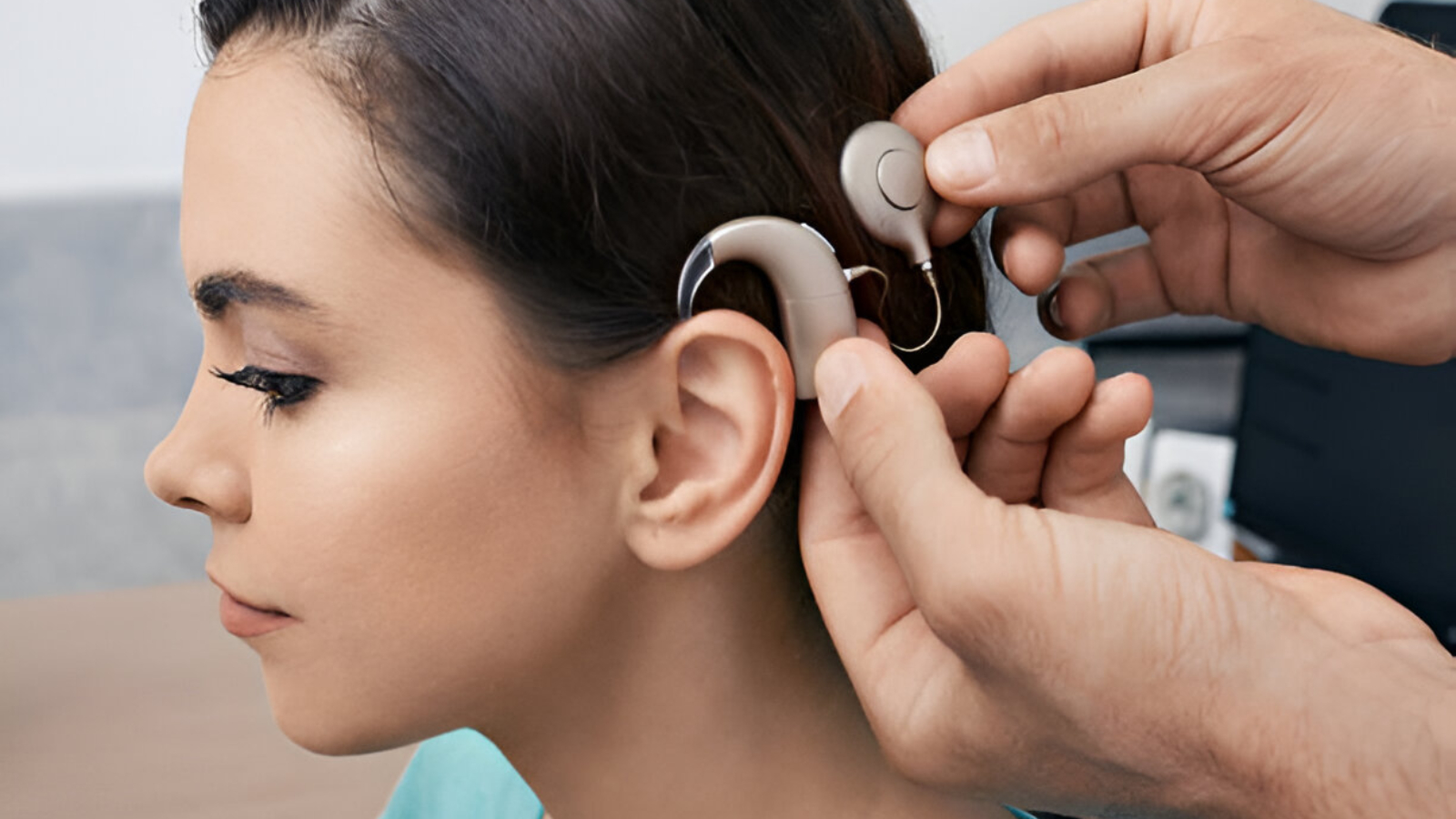Communication, social connections, and general quality of life depend heavily on hearing. However, vocal growth and interaction can be difficult for people with moderate to extreme hearing loss. The cochlear Implant ranks as one of the most amazing technological innovations that has changed the circumstances of those who are hard listening. A cochlear implant is a device that triggers the auditory nerves, improving sound perception in contrast to traditional amplification devices that enhance sound. Individuals with hearing loss can now speak with greater assurance and spontaneously owing to this technology, which has greatly improved speech development.
Hearing’s Effect on Speech Acquisition
Speech acquisition requires hearing. Young children replicate phrases, sounds, and pronunciations that they encounter in their surroundings to learn how to speak. When children with significant hearing loss are born, this innate mechanism is disrupted, leading to late or aberrant linguistic growth.
Cochlear implants offer a chance to bridge this gap. Providing children with the opportunity to hear correctly aids in the beginning of the listening technique, which serves as the foundation of conversational language acquisition. However, developing successful interaction is a multifaceted process requiring technological advances, treatment, and family participation.
Cochlear Implants and Pediatric Hearing Impairment:
Initial cochlear implant recipients with impaired hearing typically exhibit notable gains in terminology, speaking clarity, and general ability to talk. Studies have shown that prompt treatment improves linguistic performance by enabling the nervous system to adjust to hearing inputs more effectively. Many kids with cochlear implants around the age of two grow up to speak almost normally, enabling them to go to regular schools and interact with others. Additionally, using a cochlear implant and language therapy improves their interpersonal abilities.
Cochlear Implants with Elderly Auditory Loss:
Cochlear implants also benefit those who develop diminished hearing throughout adulthood. Even though they have already developed their vocabulary, being able to hear well again greatly enhances their ability to interact with others. It can be difficult for several adults with profound hearing loss to participate in discussions, particularly in noisy settings. They can better discern pronunciations with a Hearing Implant, which enhances their interpersonal and occupational communication skills. Cochlear implants can lessen the sense of loneliness that frequently accompanies a hearing impairment and aid in regaining confidence.
Methods for Improving Linguistic Development:
Learning to speak must be approached methodically to maximize the benefits of cochlear implants. Here are a few strategies:
Engaging Education:
Engage the child in interactive lessons such as narrative storytelling, chanting, and sound-based games. These activities improve sound perception and add enjoyment to the educational process.
Promoting Verbal Reactions:
Encourage the child to talk throughout interactions, even if they initially only respond with phrases or solitary noises. Progressively expand their range of words and grammar.
Auditory Training at an Early Stage:
Introduce children to various speech styles and sounds immediately as stimulation takes place. This strengthens their auditory memory and perception skills.
Cooperation with Experts:
Work with instructors, hearing professionals, and speech-language pathologists to create a personalized plan that considers the child’s phase of development.
Dr. Najam, a well-known pediatric audiologist and speech therapist specialist, is a key figure in directing these tactics to guarantee each child’s best possible communication and linguistic development.
The Function of Hearing Therapeutic:
Even while a cochlear implant can significantly enhance hearing in speech, its full potential requires hearing therapy. Hearing rehabilitation and auditory development are essential for assisting people of all ages to acclimate to their freshly acquired auditory style. Youngsters with hearing loss benefit from therapy because it speeds up their language development and improves their ability to express themselves verbally. Conversely, adults gain from instruction that enables them to become accustomed to identifying speech patterns and differentiating sounds. This continuous care guarantees that patients with cochlear implants have the finest interaction results.
About Dr. Najam:
Dr. Najam constitutes a reliable provider for those needing professional auditory and speech pathology services. Under the direction of cochlear implantation and hearing impairment specialist Dr Najam, who offers helpful information about auditory health, available treatments, and individualized rehabilitation techniques, Dr Najam’s experience guarantees complete solutions to individuals of every generation if you’re seeking expert advice or the newest developments in cochlear care.

